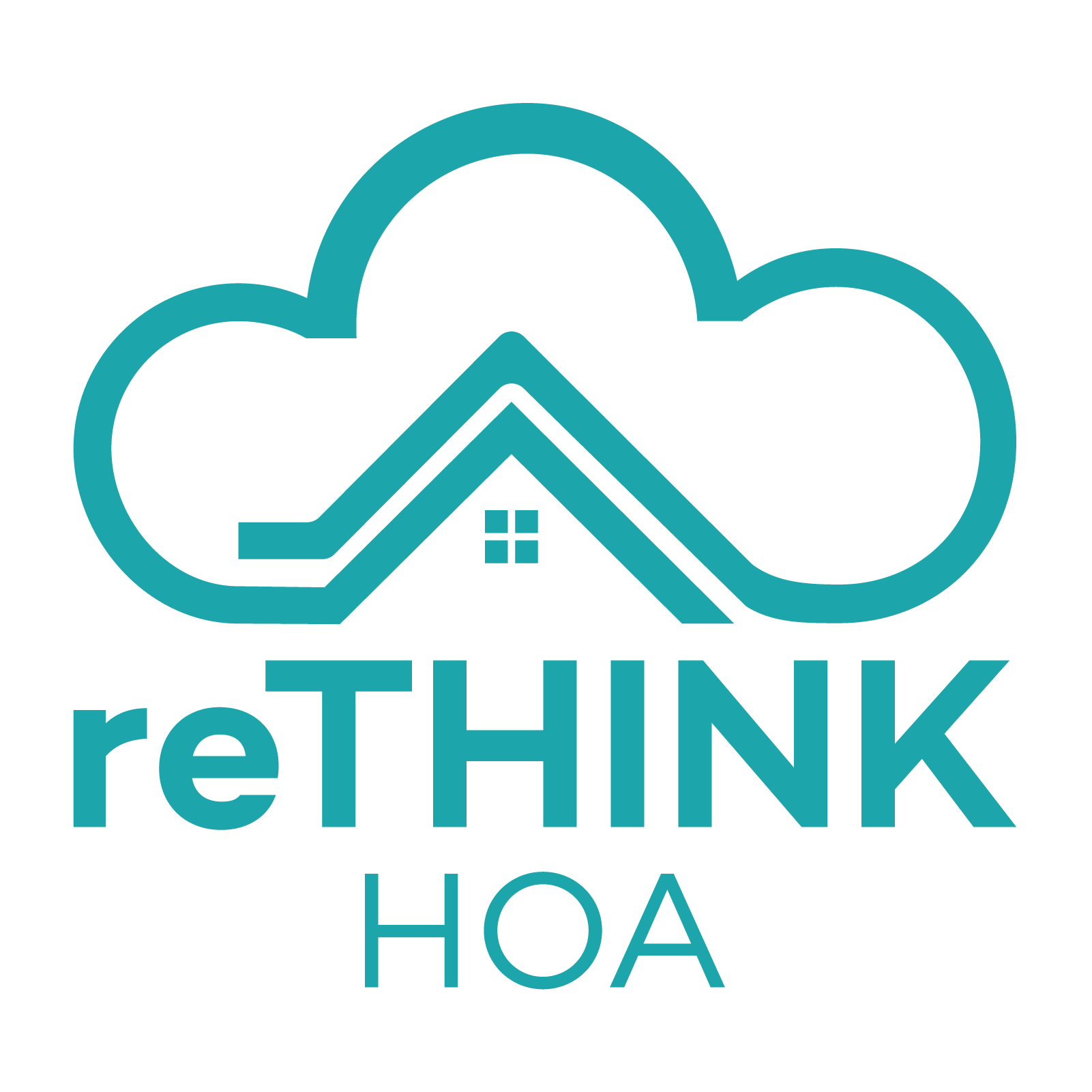Happy New Year! As we enter 2024, California homeowners associations (HOAs) must inform themselves about the latest legislative changes. These updates encompass a range of aspects. They include allowance for completely virtual meetings, clarification of director qualifications, landscaping mandates, and assessment caps.
Summary of New and Updated Laws Impacting HOAs
Here's a quick summary:
- Virtual Meetings: Civil Code 4926 now permits completely virtual HOA board meetings.
- Membership Quorum: Changes in Civil Code 5115 will aid HOAs struggling to achieve membership quorum by mandating a 30-day advance notice for ballot distribution and permitting the association to adjourn the election to a date at least 20 days later, at which time the required quorum is reduced to 20%.
- Director Qualifications: Civil Code 5105 mandates that seated directors meet the same requirements as candidates. Those who cease being owners are disqualified from the board.
- Two-Unit Condo Associations for ADUs: Government Code 65852.2(10)(A) allows cities to enable homeowners to create their own 2-unit condominium association.
- Balcony Inspection: While not necessarily a new law for 2024, Civil Code 5551 mandates that all HOAs with three or more units must have their "exterior elevated elements" inspected by an architect or structural engineer
before 2025by January 1, 2026.
Update: AB 2114[8] (July 15, 2024) authorizes licensed structural or civil engineer or architect to complete the required inspection of "exterior elevated elements."
Update: AB 2579[10] (September 28, 20240) extends the initial inspection deadline to January 1, 2026. The bill would also provide that no new inspection is required until January 1, 2026, if the property was inspected within 3 years prior to January 1, 2019, as specified. - Assessment Caps for Affordable Units: Starting in 2025, Civil Code 5606(c) establishes different assessment caps for units designated as "affordable" in new HOAs. While boards can increase assessments by up to 20% for regular homes, increases on affordable homes are limited to 5% plus the cost of living, for a maximum increase of 10%.
- Non-Functional Turf: Beginning in 2029, Water Code Section 10608.14 (AB 1572) will require all HOAs with non-functional turf to remove it or use non-potable water for irrigation.
Additional Laws Passed in 2024
- Duty to Repair Utilities: SB900[11], approved by the Governor on September 19, 2024, extends HOAs' responsibility to include gas, heat, water, or electrical repairs starting in common areas, even if they extend to private areas unless otherwise specified or covered by a utility provider.
- Repairs must start within 14 days.
- HOAs can obtain competitive financing for repairs without a vote and levy an emergency assessment to repay the loan if certain conditions are met.
- If a quorum is not met in 14 days, a reduced quorum can vote at the next meeting.
- Directors can also vote electronically to initiate repairs.
- Associations are exempt if in a disaster zone, and the disaster hinders their ability to comply.
- The bill clarifies that major components for required reserve studies must include gas, water, and electrical services if the association is responsible for these.
- The bill expands "emergency situations" to include urgent repairs or maintenance needed to prevent health hazards, safety threats, or other serious property risks. This allows associations to increase assessments in these cases.
- Electronic Voting for HOAs: AB 2159[9] approved by the Governor on September 22, 2024, amends sections of the Civil Code 5105, 5110, 5115, 5120, 5200, and 5260, and authorizes HOAs to conduct elections by electronic ballots. Key highlights:
- This bill does not completely eliminate written ballots. It does not apply to voting regarding regular or special assessments and members can still choose to vote by written ballots if that's what they prefer.
- HOAs must update their election rules to allow for electronic voting, but not their bylaws or CC&Rs.
- Members must be notified of election rule at least 90 days in advance. The recommendation is to communicate to its members 120 days before an election that it's members have a deadline to opt-in or opt-out of electronic voting 90-days before the election. This policy should be reflected in the annual policy statement.
- Nominations from the floor are prohibited when using electronic balloting and write-ins are not addressed in the bill.
- Once the electronic ballot is transmitted, its irrevocable.
- Election inspectors must verify voter identities, maintain ballot confidentiality, and issue receipts.
Final Thoughts
As we embrace the changes brought by these new laws in 2024, remember that staying informed and proactive is key to successfully managing your HOA. For a thorough understanding and application of these regulations, consult your HOA's legal team. They can provide detailed guidance and support.
Footnotes & References
- California Legislative Information. Civil Code. Article 2. Board Meetings [4926]
- California Legislative Information. Article 4. Member Election [5105]
- California Legislative Information. Article 4. Member Election [5115]
- California Legislative Information. Civil Code.Article 3. Reserve Planning [5551]
- California Legislative Information. Civil Code.Article 1. Establishment and Imposition of Assessments [5605]
- California Legislative Information. Government Code. Article 2. Adoption of Regulations [65852.2]
- California Legislative Information. AB-1572 Potable water: nonfunctional turf. (2023-2024)
- CalMatters Digital Democracy. AB2114.
- CalMatters Digital Democracy. AB2159.
- CalMatters Digital Democracy. AB2579.
- CalMatters Digital Democracy. SB900.
Disclaimer: The information provided in this article is intended for general informational purposes only. It does not constitute legal, financial, or professional advice, nor is it a substitute for consulting with qualified professionals. While we strive to provide accurate and up-to-date information, we make no guarantees regarding the applicability or accuracy of any information provided. Users are encouraged to consult with a qualified attorney, financial advisor, or legal professional for advice tailored to their specific situation. reTHINK HOA is not responsible for any actions taken based on the information provided in this article.






